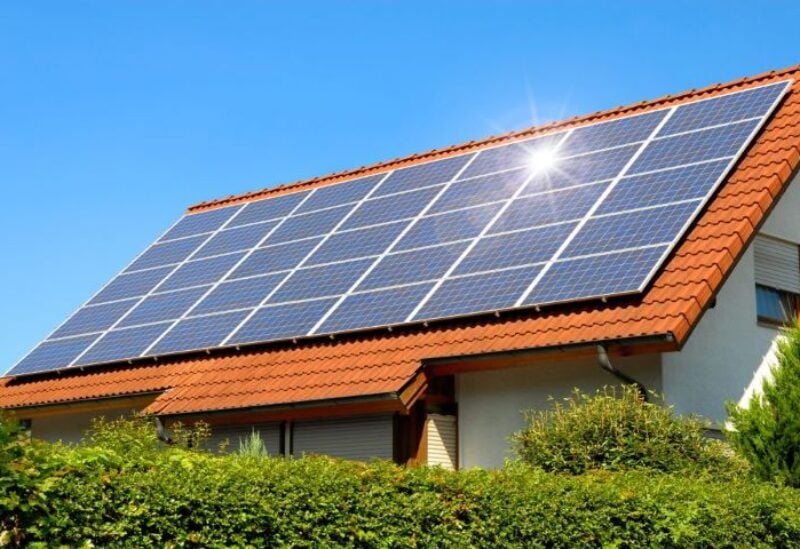
Solar power panels on rooftops
The constant power cuts and the severe shortage of fuel oil and diesel required to operate the private generators that have been an alternative for the state’s electricity for more than 30 years, is certainly a nightmare for all Lebanese. But this horrific reality has urged individuals to search for another power alternatives, driving a remarkable demand for solar power systems. Resorting to solar power system was a luxury ten years ago, but it turned into an urgent need and an inevitable option today.
Individual energy security
Pierre Khoury, Head of the Lebanese Center for Energy Conservation, told Sawt Beirut International (SBI) that there is a high demand for power production systems from alternative sources such as solar and wind, and this remarkable demand is coming mainly from residential units due to the severe power cuts the country is experiencing. Khoury said: “We have always talked about the state energy security, but today we are dealing with a new phenomenon which is the individual energy security, where people are trying to rely on themselves to secure their energy needs through multiple sources.”
Demand has surged by 1,500 percent during the last year, according to Khoury. This was confirmed by Amir Katranji, a trader and importer of solar power systems. “Demand for our imported products has increased by 400 percent,” he said, pointing out that the majority of customers are individuals, as most of the companies face the problem of limited space available for installing the solar panels. The demand is focused on systems that generate electricity with a capacity of 5, 10 and 15 amperes, according to Katranji.
Price hikes
The increasing demand on these systems has led to a 20 percent increase in prices, according to Khoury. However, Katranji considers that the high shipping costs contributed to a raise in prices. Customers are paying for these systems in fresh dollars, because it is imported. The solar energy system consists of three parts: solar panels, inverters, which are imported from China and Europe, and the batteries that are imported from China, India and Europe.
Market capacity is limited
Khoury considers that the current market capacity is unable to meet the increasing demand on solar panels. He said: “The market was not ready for this unprecedented demand, and the importing mechanism of companies is still not prepared for this huge volume of trade, so whoever was importing 100 pieces will not be able to secure 1,000 pieces now.”
But Khoury confirms that there are new partners in this sector, as many investors in the real estate sector and other sectors are investing their money in solar energy. He expected that the import of these systems would increase in the next stage, which would enhance competitiveness and thus might lead to a drop in prices.
Quality challenges
People are eager to select solar panels of high quality to avoid falling into the trap of novice traders. Khoury considered that “quality” is the main challenge facing customers, as there is no longer any strict supervision and control, which exposes customers to several malfunctions after a short period of time. Many solar power panels are entering the market randomly due to increased demand and chaos. Katranji said: “We only purchase guaranteed and high-quality parts to avoid problems in the future.”
The production capacity of solar energy in Lebanon has reached 100 megawatts, as it grew by 150 percent annually between 2010 and 2020 due to the efforts of the people working in the sector, and it is likely to witness further potential and growth amid the crisis, according to Khoury.